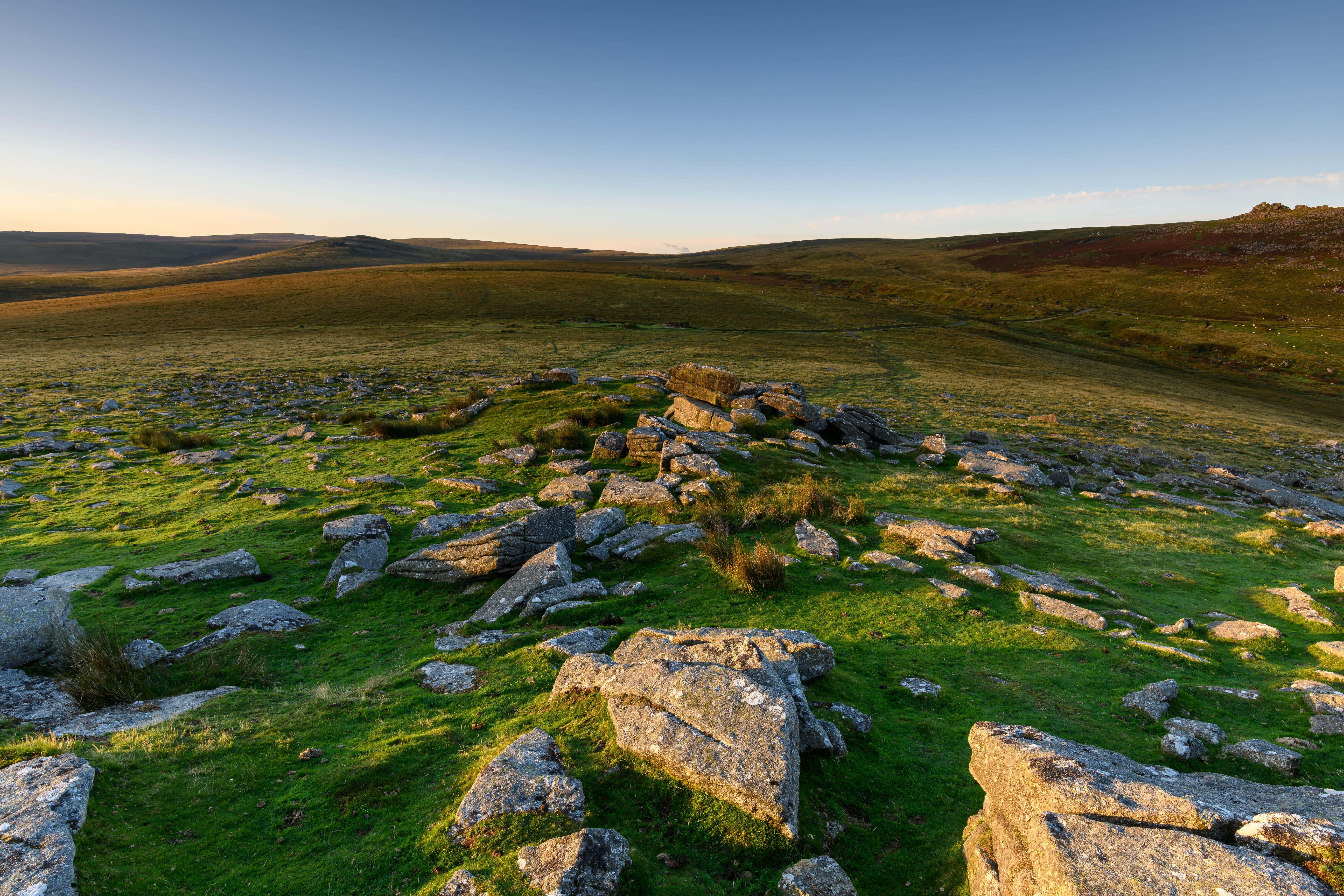Right to wild camp on Dartmoor to be challenged at Supreme Court
Landowners are seeking to reverse a previous ruling allowing members of the public to wild camp in the national park.

The right to wild camp on Dartmoor is set to be scrutinised by the Supreme Court after it gave the go-ahead for two landowners to continue their long-running legal challenge against it.
Lawyers for Alexander and Diana Darwall said they had secured permission from the UK’s highest court to appeal against a ruling that members of the public have the right to wild camp in Dartmoor National Park.
Mr Darwall, a hedge fund manager, and his wife previously brought successful legal action against the Dartmoor National Park Authority (DNPA), claiming some campers cause problems to livestock and the environment.
In January last year, a High Court judge ruled that a nearly 40-year-old piece of legislation did not give people the right to pitch tents overnight on the Dartmoor Commons without landowners’ permission.
But the DNPA later asked appeal judges to overturn Sir Julian Flaux’s decision, arguing he had the wrong interpretation of a 1985 law over rights of access to the Dartmoor Commons.
In July, the Court of Appeal ruled in the DNPA’s favour, finding that the law “confers on members of the public the right to rest or sleep on the Dartmoor Commons, whether by day or night and whether in a tent or otherwise” as long as byelaws are followed.
Sir Geoffrey Vos, who heard the appeal with Lord Justice Underhill and Lord Justice Newey, said the “critical question” was whether wild camping could be considered a form of “open-air recreation”, finding it was.
Campaigners had previously argued that Sir Julian’s earlier ruling “went too far” and could affect bird-watching, fishing and other activities.
His overturned judgment was labelled a “huge step backward” by campaigners, who said there was a “long-established precedent” of wild camping in the national park in Devon.
Mr and Mrs Darwall keep cattle on Stall Moor, which forms part of their more than 3,450-acre estate in the southern part of Dartmoor.
The couple’s legal team at Landmark Chambers said: “The appeal to the Supreme Court will determine once and for all this important issue, namely whether members of the public enjoy a right to camp on the Dartmoor Commons.”
The DNPA said in a statement: “Naturally, we feel disappointed by the decision to allow the appeal.
“We’ve been consistently clear about our role in protecting Dartmoor and promoting understanding so people respect the national park’s environment, its cultural heritage and those who live and work here.
“Since this matter was brought to the courts, we have sought to defend the public’s right to access the national park for open-air recreation while continuing our work with partners that protect Dartmoor’s unique characteristics. We will ensure that the authority’s position is represented in the Supreme Court hearing.”
We firmly believe that the legal arguments are clear, that there is a right to wild camping on the Dartmoor Commons
Kate Ashbrook, general secretary of the Open Spaces Society, which intervened in the case at the Court of Appeal, said: “We are deeply disappointed that the Supreme Court has granted the Darwalls leave to appeal.
“We firmly believe that the legal arguments are clear, that there is a right to wild camping on the Dartmoor Commons. However, we shall fight on, and shall give our support to the Dartmoor National Park Authority in this important case, to prove again, beyond all doubt, that there is such a right.”
Reacting to the news on X, formerly Twitter, campaign group The Stars Are For Everyone said: “The loss of our rights on Dartmoor ignited a passionate movement for greater land rights in England.
“This latest decision is confirmation that reform is both needed and inevitable, and a clarion call to all those who wish for future generations to enjoy these freedoms.
“As ever, the right to wild camp is emblematic of the fragility of our wider rights in the English countryside, and Darwall’s latest egregious move illustrates the need for greater legal protections for access to nature.
“Long may the right to sleep under the stars remain on Dartmoor – we will fight to ensure that it does, and then to extend that right elsewhere.”
Dartmoor National Park, designated in 1951, covers a 368-square mile area that features “commons” – areas of unenclosed privately owned moorland where locals can put livestock.
